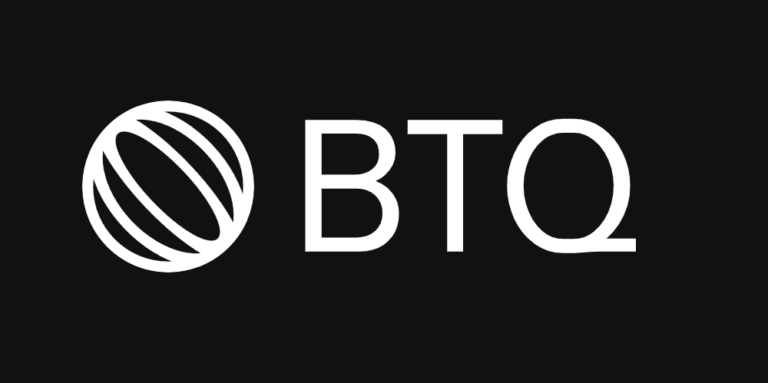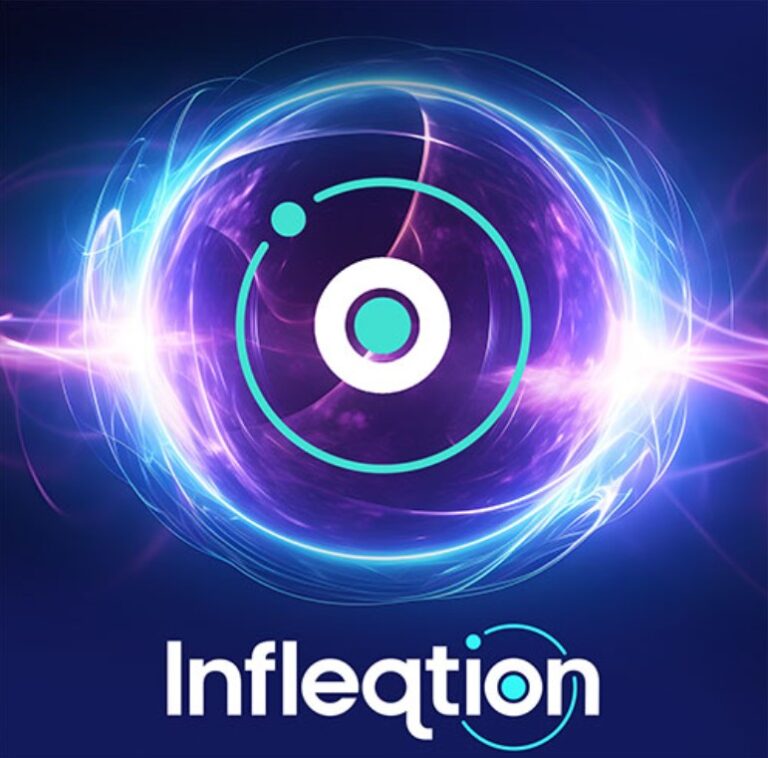NIST Announces Collaborating Vendors in the Migration to Post-Quantum Cryptography Project
Although NIST has announced their first selections of recommended algorithms to use for PQC, there is still a great amount of work to do.
Although NIST has announced their first selections of recommended algorithms to use for PQC, there is still a great amount of work to do.
The key takeaway from the recent NIST announcement is that the NIST algorithms finally bring clarity and certainty to the business community as they transition from algorithms such as RSA encryption to a new, tangible PQC framework.
Thales has been at the forefront of post-quantum cryptography research since 2013, and the selection of the Falcon algorithm by NIST is great recognition of the excellent co-development work and expertise of our crypto teams
Maybe this will be the new standard method for securing sensitive data and protecting it from malicious cyberattacks, especially those coming from quantum computers?
Quantum-safe cryptography is reckoned to replace modern encryption and safeguard future sensitive data from quantum hacking.
Recent developments in the field of quantum information science (QIS) have the potential to drive American innovation across multiple sectors.
Agencies should test post-quantum cryptography algorithms with their software and decide whether information security benefits outweigh the efficiency losses ahead of a federally mandated transition, according to security experts.
The main security benefit behind QKD is the ability of the two communicating parties to detect any attempt to read the quantum state of a photon while it is in the fiber via eavesdropping techniques.
Post-quantum cryptography company PQShield has delivered new deals to introduce its quantum-ready cryptographic solutions to organizations across sectors. Today, the company announces a major licensing deal with Microchip Technology, as well as a collaboration with Collins Aerospace.
Physicists study many forms of communication, including quantum communication. Thanks to specific properties of quantum mechanics, like entanglement, information integrity can be better maintained with quantum communications, even being hackproof in some cases.




